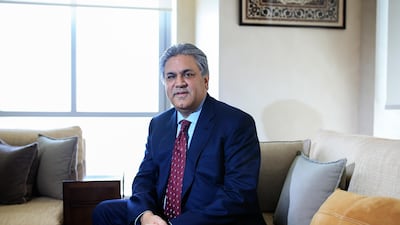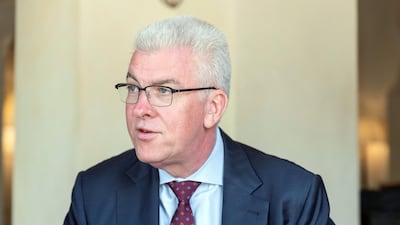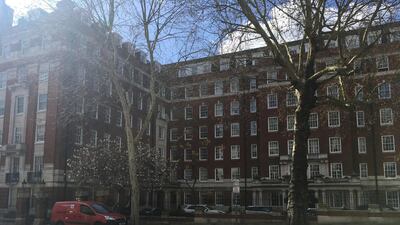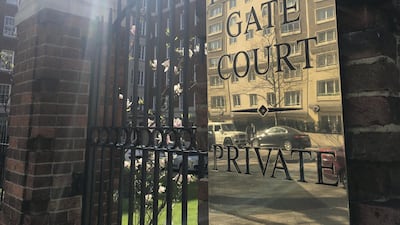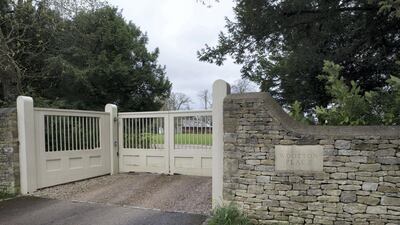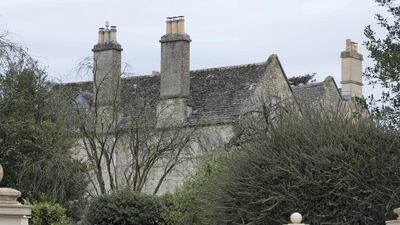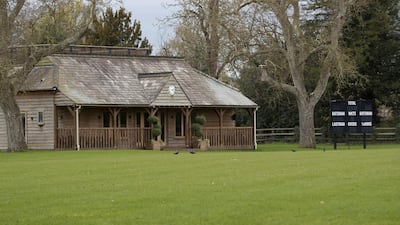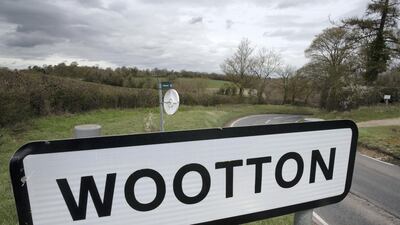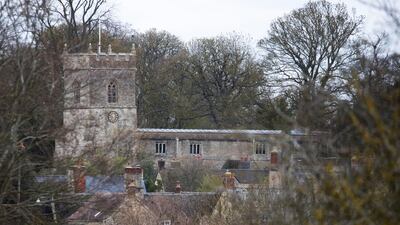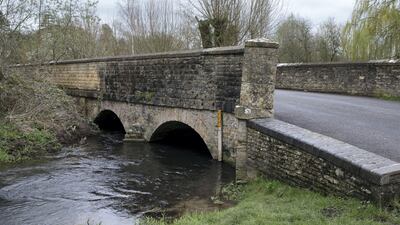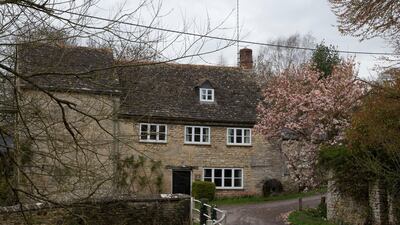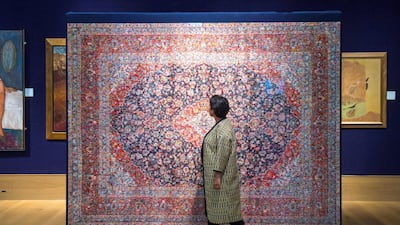A British court has ordered former Abraaj chief executive Arif Naqvi be freed on £15 million bail while he fights extradition to the United States to face fraud charges, an official said on Thursday.
Mr Naqvi, 58, must also remain under curfew around the clock at his west London home under the terms agreed at a hearing on Wednesday, the official said.
US prosecutors have appealed against the decision and Mr Naqvi remained in custody on Thursday pending a hearing at the UK’s High Court. Legal sources said the hearing was likely to be held within days, which could reject the offer or vary its terms.
He faces up to 45 years in prison if found guilty of conspiracy and fraud charges connected to the collapse of the Abraaj Group last year. Mr Naqvi denies defrauding investors in his now insolvent Dubai-based private equity company of millions of dollars.
The Pakistani citizen also allegedly directed a ploy to inflate the value of some of Abraaj’s funds in an attempt to cover up the company's liquidity issues, while trying to attract a $6 billion investment for a new venture.
If the High Court agrees with the bail offer, Mr Naqvi must wear an electronic tag to ensure he remains confined to his home in a highly-sought gated mansion block just a few hundred yards from London’s Hyde Park. The property is owned in the name of a British Virgin Islands company.
Mr Naqvi, the founder of the now-defunct Abraaj Group, will also have to hand over his passports and is not allowed to apply for any new travel documents, according to officials and a spokesman for the businessman.
The same judge, Emma Arbuthnot, rejected a £2m offer last week because of concerns that he could flee to Pakistan where he has high level political contacts in the country.
Prosecutors believed he had access to a private jet that could take him out of the country. There is no extradition treaty between Pakistan and the US.
He was one of three former executives arrested last month over the world’s largest private equity insolvency. A judge in New York on Monday agreed to release Mustafa Abdel-Wadood, a former Abraaj managing partner, on payment of a $10 million bond.
The high bail fee reflects Mr Naqvi’s personal wealth and is thought to be one of the highest ever levied in the UK.
Vijay Mallya, the UK-based businessman wanted in India over the collapse of his airline, secured bail of £650,000. In 2017, Dmitry Firtash, the Ukrainian tycoon, secured bail on payment of $125 million in Austria as he fought extradition to the US on bribery allegations.
Mr Naqvi denies inflating valuations of his fund and says the idea that he took money out for his own personal benefit is “ludicrous,” his lawyer told the judge last week.
“Mr Naqvi maintains his innocence, and he fully expects to be cleared of any charges,” according to a statement on Thursday. “For almost a year since the commencement of the provisional liquidations, he has been working tirelessly to maximise returns for Abraaj’s creditors.”
If he fights the US extradition warrant the process could drag out for two years or more, according to proceedings in the American courts.
Abraaj, which managed almost $14 billion in funds, was forced into liquidation in June after a group of investors, including the Bill & Melinda Gates Foundation, commissioned an audit to investigate the alleged mismanagement of money in its health-care fund.
Founded in 2002, Abraaj grew to become one of the world’s most influential emerging-market investors, with stakes in health care, clean energy, lending and real estate across Africa, Asia, Latin America and Turkey.
